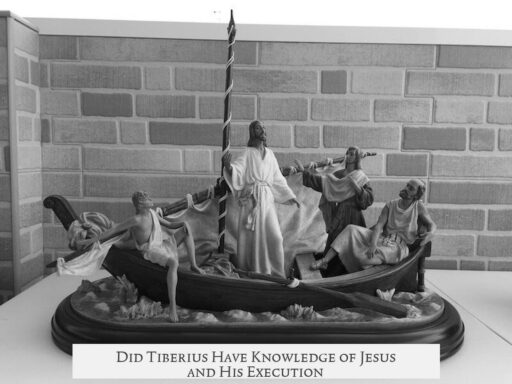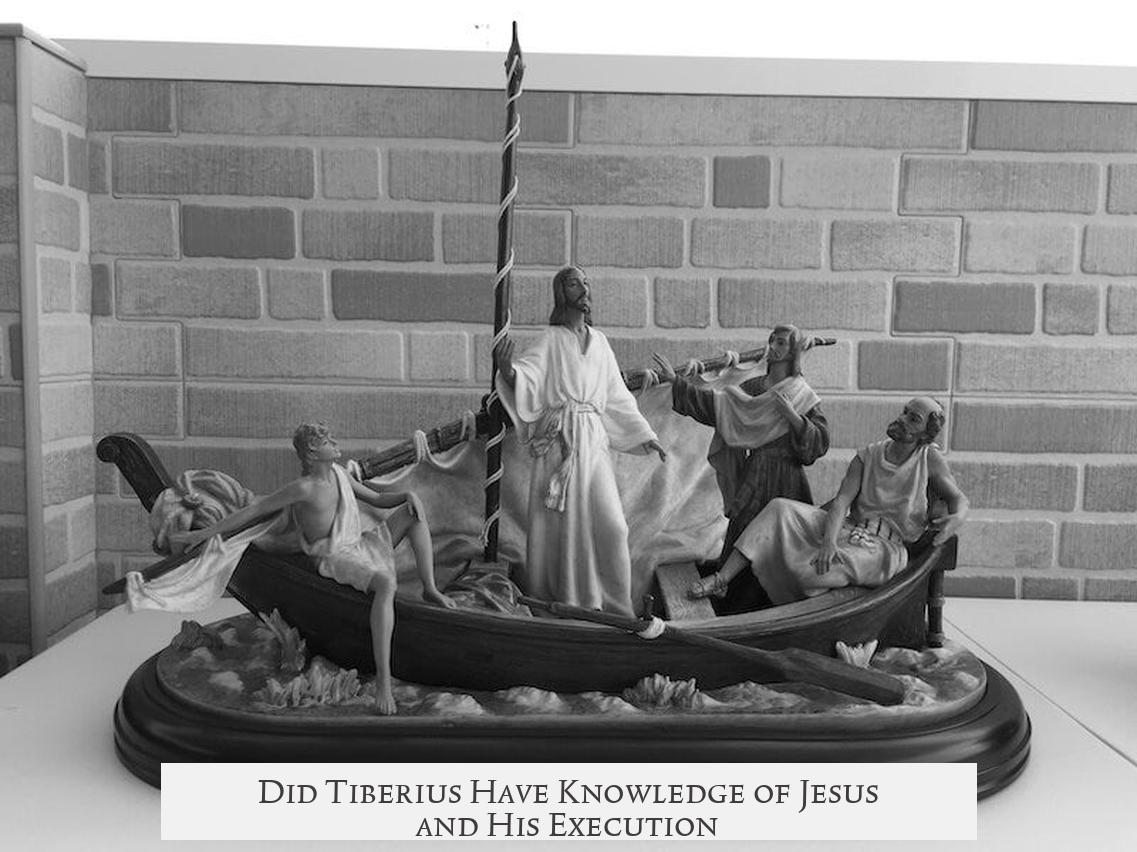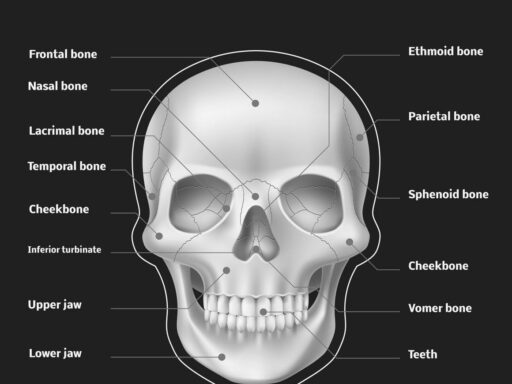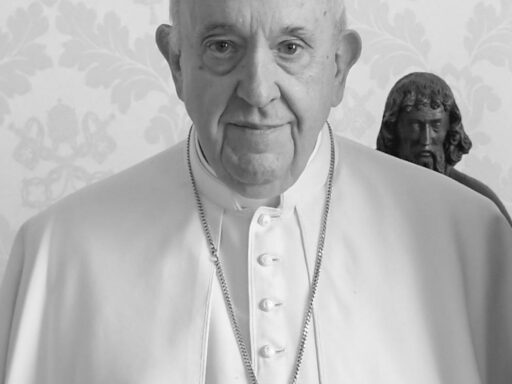It is unlikely that Emperor Tiberius knew about Jesus or his execution. Although Jesus’s death (around 30 CE) and Tiberius’s reign (14–37 CE) overlapped, several factors suggest that Jesus’s ministry and crucifixion remained obscure to the Roman emperor.
First, the geographic and political context matters. Palestine was a remote, minor region in the Roman Empire. It had a delicate governance structure where Judea was not a standard imperial or senatorial province but rather a satellite of the larger province of Syria. Pilate governed Judea as a prefect primarily responsible for policing, not high-level political reporting. Pilate shared authority with local Jewish leaders like the Sanhedrin, focusing on keeping peace, especially during turbulent periods like Passover.
Passover, a highly volatile Jewish festival, was a time when disturbances could escalate. The Jewish elite and Roman officials alike sought to avoid unrest. Jesus’s arrest and crucifixion likely emerged from this context—quick, pragmatic steps to prevent any uprising. It implies Pilate saw Jesus as a minor threat, not someone whose case warranted imperial attention.
Furthermore, historical sources from the period do not mention Jesus contemporaneously in Roman records. The first known reference to Jesus by a Roman or Roman-affiliated historian appears decades later in Flavius Josephus’s “Antiquities of the Jews” (circa 94 CE). Josephus briefly describes Jesus as a messianic figure and notes his crucifixion by Pilate. However, no earlier Roman accounts or official documents confirm any awareness by Tiberius or his court.
Given the limited reporting channels, the political structure, and the minimal importance Rome placed on Palestine and its local messianic movements, any news of Jesus’s crucifixion probably did not reach Tiberius in a meaningful way. Jesus was one among many figures claiming messianic status in a backwater region, which the Roman administration likely ignored unless a rebellion threatened the peace.
Even Pilate’s reporting was minimal. During the first six years of Pilate’s prefecture, the province of Syria lacked its own legionary legate to oversee Judea, reducing the flow of information. Pilate likely communicated only when necessary and primarily to local officials rather than the emperor. Consequently, controversial events such as Jesus’s execution might have registered only as a routine suppression of a local dissident.
Therefore, the balance of evidence suggests that Tiberius probably never learned about Jesus in any detail, if at all. At best, the emperor may have heard vague or secondhand reports about the occasional execution of Jewish insurgents. Jesus’s crucifixion would have been one such case among many, insignificant to the broader imperial concerns of Rome.
- Tiberius reigned 14–37 CE; Jesus was crucified around 30 CE—times overlap but no direct evidence of imperial knowledge.
- Palestine was a remote, politically sensitive region under Pilate’s prefecture but with limited Roman oversight.
- Passover triggered tense control measures; Jesus’s crucifixion aimed to prevent revolt, not to serve as a notable imperial matter.
- First Roman mention of Jesus is decades later by Josephus, indicating a lack of contemporary official records.
- Roman administration likely viewed Jesus as an obscure local figure, not worthy of imperial attention.
Did Tiberius Ever Know About the Existence of Jesus and His Execution?
Short answer: It’s highly unlikely that Tiberius, the Roman emperor, knew about Jesus or his execution. While their timelines overlap, many facts suggest Jesus’ crucifixion was just a minor blip in the eyes of the vast Roman Empire.
Let’s dive deeper, shall we? The key dates here are pretty clear. Tiberius ruled from 14 CE to 37 CE. Jesus was crucified around 30 CE. So, yes, their lives definitely coincided. This tidbit often leads people to wonder if the Roman emperor was aware of this controversial Jewish preacher’s fate. However, awareness isn’t the same as notoriety.
First, consider the political significance—or rather, insignificance—of Palestine in the grand Roman scheme. The region was a backwater, a tiny, troublesome chunk of land far from Rome’s central power hubs. The empire had no big stake in monitoring every small religious or social stir there. Jesus was one among many messianic claimants popping up throughout Judea, which Rome largely ignored.
Now, let’s talk politics and administration. Judea had a quirky status within the empire. It wasn’t a regular senatorial or imperial province. Instead, it was somewhat of a satellite to Syria, which itself was a larger and more critical Roman territory. Judea was governed by a prefect, Pontius Pilate during Jesus’ execution, but with certain autonomous elements like the Jewish Sanhedrin sharing power.
Pilate’s role deserves some spotlight. Rather than being a busybody sending detailed reports directly up to the emperor, Pilate was more of a local police chief, primarily concerned with keeping the peace—especially during volatile moments like Passover. He reported to the legate of Syria, but guess what? During Jesus’ crucifixion years, the legate seat was vacant. That bureaucracy gap means reports were probably scarce, hurried, or nonexistent at the higher echelons.
Speaking of Passover, it’s easy to overlook how tense this festival made the region. Jews celebrated their liberation from Egypt but ironically lived under Roman rule. Any rebellious sparks could ignite an outbreak, threatening the whole fragile balance. Naturally, both the Jewish leaders and Pilate wanted to avoid trouble. The Sanhedrin sought peace to prevent harsh Roman crackdowns. Pilate wanted to avoid incidents that could ruin his career prospects. Jesus, who preached radical ideas and attracted crowds, was perceived as a potential troublemaker. Getting rid of him swiftly through crucifixion was, in their eyes, a sensible decision.
This scenario hints that Pilate might not have known much about Jesus beyond him being a Jew who stirred trouble at an inconvenient time. His role demanded efficiency over curiosity. So, his reports, if any, to the Roman supervisory hierarchy were likely brief, non-descript, and unimportant.
Let’s also talk historical records—or rather, the lack thereof. The earliest comprehensive Roman writings about Palestine and its figures come from Josephus, a Jewish historian writing decades later. Josephus’ Antiquities of the Jews (circa 94 CE) contains the first known Roman-era references to Jesus. These writings appeared some 60 years after Jesus’ death, indicating the absence of contemporary Roman documentation on Jesus’ life and execution.
Could there have been earlier Roman records that vanished with time? Maybe. But the prevailing scholarly view considers it improbable. Rome was vast, and minor local events like one Jewish preacher’s crucifixion probably didn’t make it to the emperor’s desk. The empire had larger problems, from managing borders to quelling uprisings far more threatening than a rabbi who preached nonviolence.
So, putting the pieces together: a distant, insignificant province, a low-level official juggling peace during unrest, missing higher officials to report to, and a lack of early Roman documentation. It paints a clear picture. If Tiberius was told anything about Jesus, it would be no more than “one more Jew crucified” with zero fanfare.
Is this disappointing to some? Maybe. The idea of an emperor knowing about Jesus adds drama. But sometimes, history is just plain bureaucratic and mundane. The truth also highlights the humble and grassroots beginnings of a story that would later shake civilizations.
Curious to imagine what it might have been like? Picture Tiberius in his palace, dealing with plots and palace intrigues, perhaps hearing only secondhand whispers of unrest in a dusty province way out east—nothing arousing enough to lift his gaze from politics and power plays. Meanwhile, the world continued turning, Jesus’ story quietly germinating for a future audience.
In conclusion, history and evidence suggest Tiberius never had Jesus on his radar. Jesus’ crucifixion was a small event in the massive, bustling empire that tolerated many minor rebellions and claims of messiahs without Rome blinking twice. For the emperor, it was just another day, another execution, and nothing more. Quite unceremonious, but that’s how history sometimes treats even the most world-changing stories.




